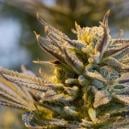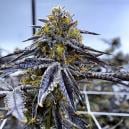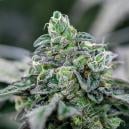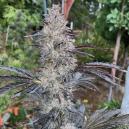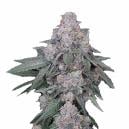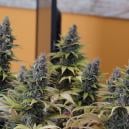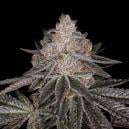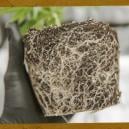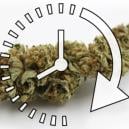How To Know If Your Cannabis Plants Are Suffering From A Boron Deficiency
Published :
Aug 29, 2017
Categories :
Cannabis cultivation

A boron deficiency has the possibility to harm or reduce your harvest. Since every grower wants to have the biggest yield their plants can possibly produce, spotting deficiencies early can make a huge difference.
Plants use boron to transport sugars, metabolise nitrogen and form proteins. But most importantly, it is used with calcium to create new plant cells and generate healthy new growth. Especially with flowering cannabis, plants have a greater need for boron because it is also used in fruit and seed development, and for pollination.
Boron deficiencies appear mostly in cannabis plants that have not been watered adequately or that are growing in a very arid environment with very low humidity.
A boron deficiency is a relatively rare occasion, but it can lead to stunted growth in leaves as well as the root system. If left untreated, it can really hurt your final harvest.
Even though the signs may be quite apparent, it is very easy to confuse a boron deficiency with a calcium deficiency, as plants need boron to properly use calcium at all. Very often, a deficiency of boron is combined with a deficiency of nitrogen or potassium, as plants in turn need potassium and nitrogen to properly process boron (to then process the calcium).
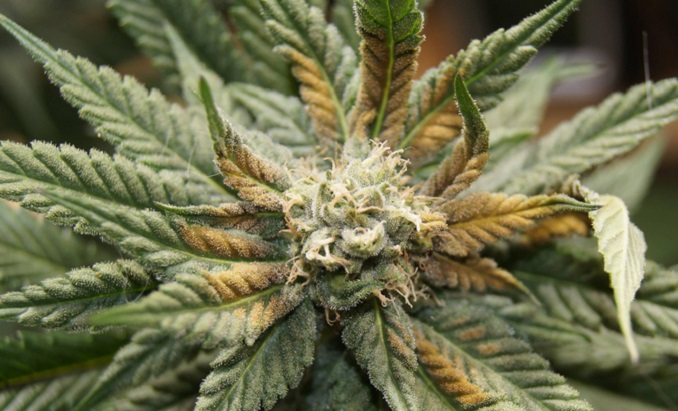
WHAT ARE THE SIGNS OF BORON DEFICIENCY IN PLANTS?
The first visible signs of a boron deficiency will likely be slowed or abnormal growth in the upper leaves of your cannabis plants. The tips of new leaves may display twisted growth, wrinkle, curl, or even die off. The abnormal growth is usually accompanied by yellowing of the leaves and the appearance of brown spots.
A boron deficiency does not only affect the growth of new leaves, it also affects the plant’s root system, albeit with less visible symptoms. A deficiency can stunt the growth of new roots or cause abnormal growth with hairs on the roots. Stems of the plant can also be affected, becoming hollow or weak.
HOW TO SOLVE A BORON DEFICIENCY IN CANNABIS
The first thing to pay attention to when battling a boron deficiency is to make sure that you are using the right nutrients. This is easier than you might imagine since most tap water contains boron by default. You would have to use something special, such as water that has been filtered with a reversed osmosis filter, to deprive your plants of boron. Most high-quality soils also contain high enough levels of boron for your cannabis plants to never experience a boron deficiency.
THE IMPORTANCE OF PH
Moving on from the nutrients, we arrive at the issue of the pH levels and growing mediums. If the pH levels are not right, the roots cannot absorb the nutrients they need and thus, a deficiency can occur. Concerning deficiencies, boron seems to be most efficiently absorbed by plant roots at pH levels between 6.0 and 6.5. Even though most growers keep their cannabis plants at pH levels between 6.0 and 7.0, boron seems to be best absorbed below 6.5. In hydro cultures, growers keep their plants at pH levels between 5.5 and 6.5, but at pH levels below 6.2, the plants roots most efficiently absorb boron.
When your plants have the nutrients they need and the correct pH levels to absorb them, there is only the issue of under-watering that is left. Watering the plants more regularly (but not too much) should be an adequate solution. However, if humidity levels stay too low, you could add an air humidifier. The levels should not drop below 25% humidity in your growing space.
RECOVERY
When all the above conditions are met, your plant should be able to recover within a few days to weeks, depending on how serious the damage from the boron deficiency was. The growth that is already abnormal will not recover, but new growth should appear regular again and without abnormalities. If the problem persists, you can always flush your cannabis plants with pH-balanced water and the correct nutrients.
Even though we describe the conditions in which a boron deficiency might occur, a deficiency can also be caused by temporary but stressful conditions and may disappear when the plant’s growing conditions return to normal.















